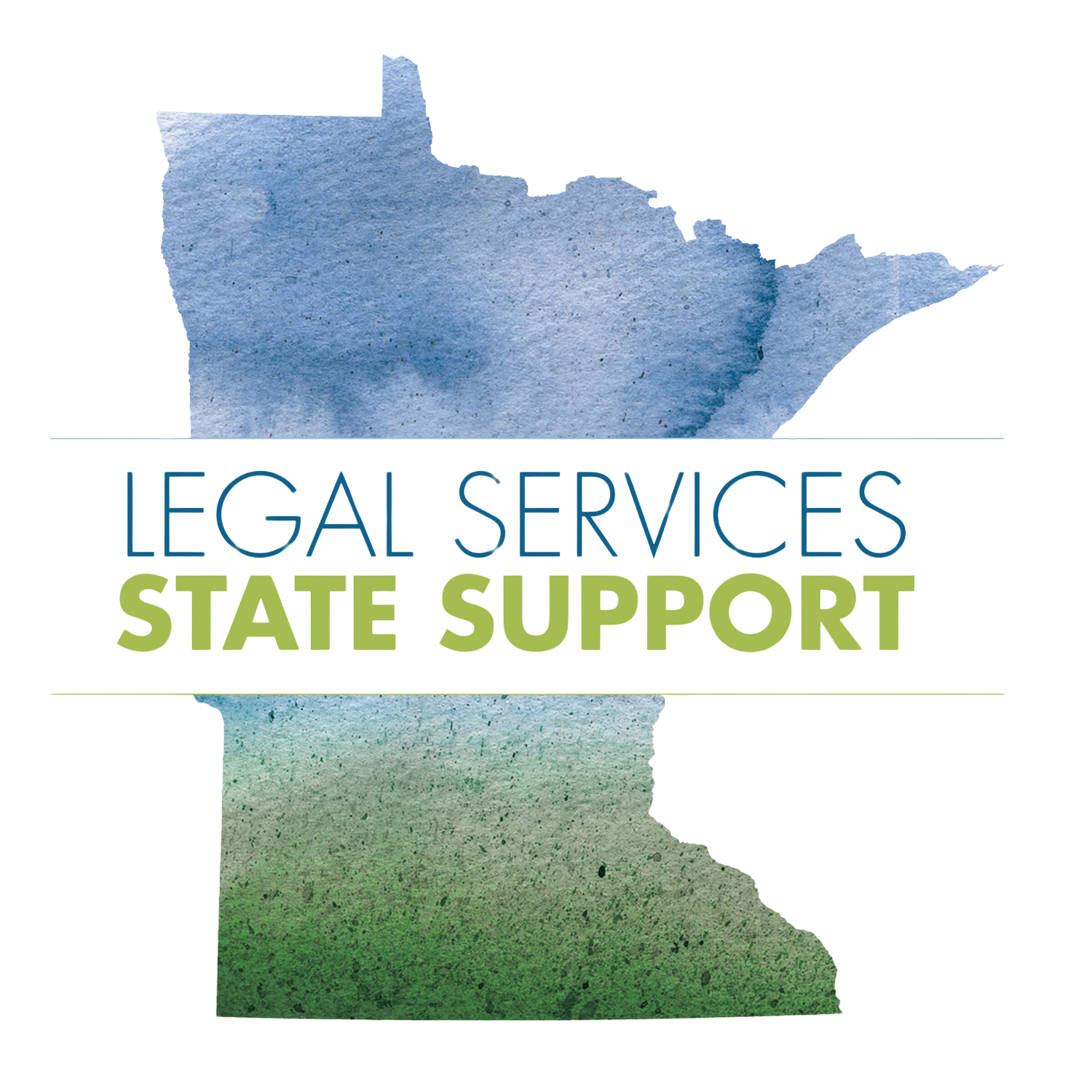Mid-Minnesota Legal Aid Issues Statement on Supreme Court Decision to Penalize Homelessness
Legal Aid is disappointed the Supreme Court has decided the Constitution allows governments to make it a criminal violation to be homeless.
In Minnesota, more than 7,000 people were turned away from homeless shelters last year. People who are homeless often have no choice except to sleep wherever they can.
Even without criminal citations, however, government entities have undertaken needlessly harsh actions toward Minnesotans who have no choice but to sleep outside. Such actions include destroying medicine, keepsakes and the few belongings of families who are homeless—often, without warning. Mid-Minnesota Legal Aid, along with the ACLU of Minnesota and Ballard Spahr, has filed a lawsuit that seeks to end those practices.
We are encouraged by the fact that the City of Minneapolis has shown interest in amending its ordinances to treat our neighbors more humanely at such vulnerable moments in their lives. We hope this decision from the U.S. Supreme Court inspires urgency for the City to complete its work, and for other local government entities to follow.
Charging people with crimes who have nowhere else to sleep will not solve the problem. It will not build more shelters or make shelters easier to access. It will not make fewer people homeless.
In fact, criminal charges can exacerbate homelessness. Often people struggle to obtain housing due to criminal records and eviction records.
In Minnesota, prior to this decision most governments have not taken the step of criminalizing homelessness. Doing so likely remains barred by the state constitution, although the question has not yet been addressed by the Minnesota Supreme Court.
Luke Grundman, housing attorney with Mid-Minnesota Legal Aid, spoke with KARE 11 News on June 28th, the day the Supreme Court issued its decision. He explained the impact of the decision to criminalize homelessness. "It's not just that this decision will not address the homelessness problem, it will create the possibility of making it much worse,” Grundman said. Contact Legal Aid for more information about this developing story and the lawsuit here.
